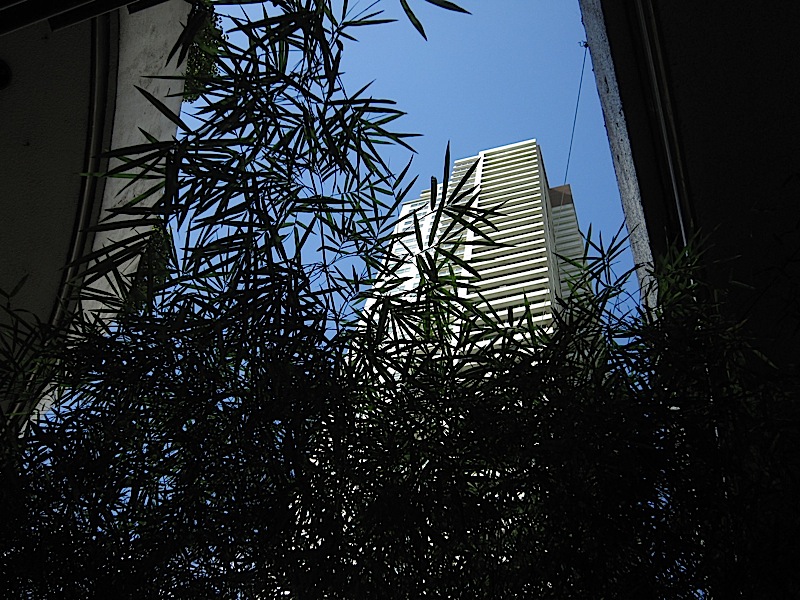 The Ateneo de Manila University officially opened its celebrations and events for the Advent and Christmas season last night, and we were treated to a lovely performance by the Blue Symphony at the Sacred Heart Plaza of the Church of the Gesù.
The Ateneo de Manila University officially opened its celebrations and events for the Advent and Christmas season last night, and we were treated to a lovely performance by the Blue Symphony at the Sacred Heart Plaza of the Church of the Gesù.The student symphony orchestra is the youngest performing arts organization in the university, and they still need a lot of support from the community. None of the students are music majors (since the Ateneo does not have a music program) and there are too many instruments that are not represented; the organization does not have production or marketing teams yet; they are trained by a conductor gratis; and the kids need a formation program set up to help them deal with the challenges of combining their love of music with the demands of their academics, not to mention the emotional drama that is inevitable in any group of artists. Despite all these, however, the young and youthful orchestra has garnered much praise from those who have heard them perform, and I really hope that the university and its benefactors can give Blue Symphony the assistance that it needs to become a full orchestra that everyone can be proud of.


































